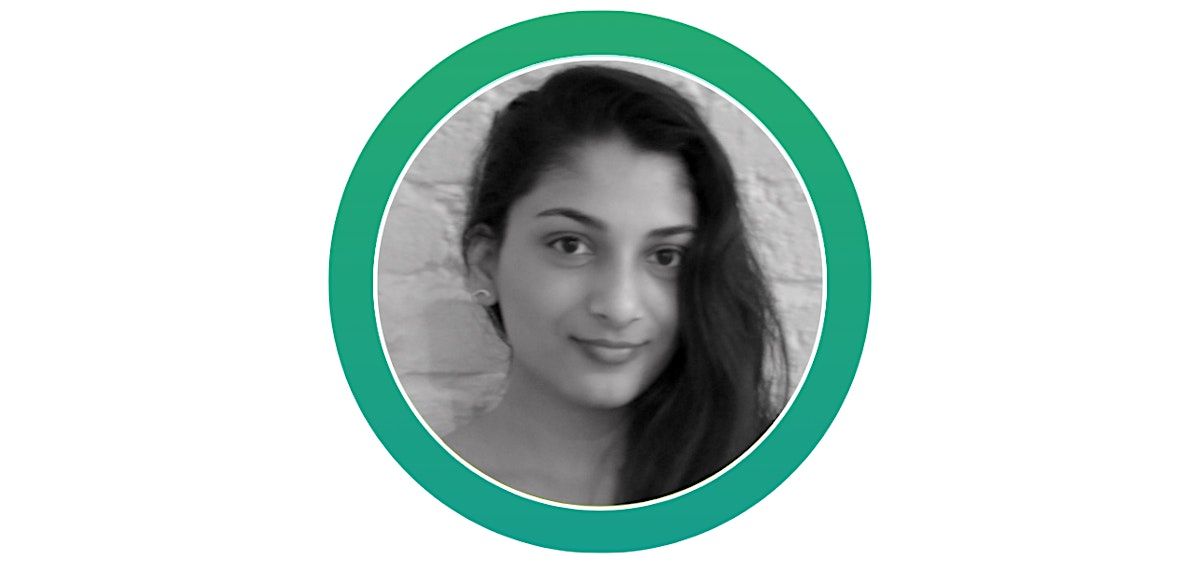
About this Event
The global fashion industry consumes vast quantities of water—up to 79 billion cubic meters annually—partly due to its dyeing processes, which are linked to nearly 20% of global industrial wastewater. Conventional dye formulations often contain hazardous chemicals such as lead and carcinogens that endanger human health and contaminate ecosystems. Although plant-based dyes (e.g., indigo, cochineal) are considered sustainable, they still require considerable resources—water, land, labor, pesticides, and transportation fuels—leading to further environmental degradation.
This workshop uniquely merges microbiology and textile design to tackle the pressing issues of water scarcity and pollution within the fashion industry. By utilizing bacteria such as Serratia marcescens and Janthinobacterium lividum, participants will learn to create vibrant textile dyes that consume up to 430 times less water than traditional methods.
In this hands-on workshop, guided by instructor Aradhita—who spent two years refining these original dye techniques—you will:
- Understand the principles behind microbial dyes.
- Cultivate Serratia marcescens and Janthinobacterium for vibrant pigmentation
- Prepare and sterilize textiles for optimal dye application.
- Create your own unique patterns and textile samples using microbial dyes.
- Engage in discussions about the ethical and environmental implications of using live microbes in textile design.
COVID-19 Class Cancellation Policy
If you are feeling unwell, suspect that you have been exposed to COVID-19 or have tested positive in the past 7 days, please do not attend and let us know ASAP ([email protected]). If you cancel after our 7-day policy, we cannot refund your ticket, but we can exchange and offer credits toward future classes. If you have signed up for Biohacker Boot Camp, we will automatically transfer your registration to the next month’s dates unless you tell us otherwise.

Meet the Instructor
Aradhita Parasrampuria (she/her) is a materials designer from India, currently based in Boston. She is the CEO and founder of Cellsense, a biomaterials startup that transforms algae and cellulose into bio-embellishments with unique properties, such as bioluminescence.
Parasrampuria received recognition on the Indian Forbes 30 under 30 2023 list in the climate change category. Cellsense has been awarded the Swarovski Foundation's "Creatives For Our Future" grant, the Greentown Labs and Microsoft ACCEL Fellowship, and the Ikea Foundation's Redesign Everything Challenge. Cellsense has been featured in events and publications such as the United Nations, WGSN, Vogue, i-D, L'officiel Brazil, CFDA, Dezeen, No-K*ll Magazine, New York Design Week, and Portland Textile Month.
Instagram -
@aradhitapara
@cellsense.bio
Event Venue & Nearby Stays
Genspace, 132 32nd Street, Brooklyn, United States
USD 106.42 to USD 151.23











